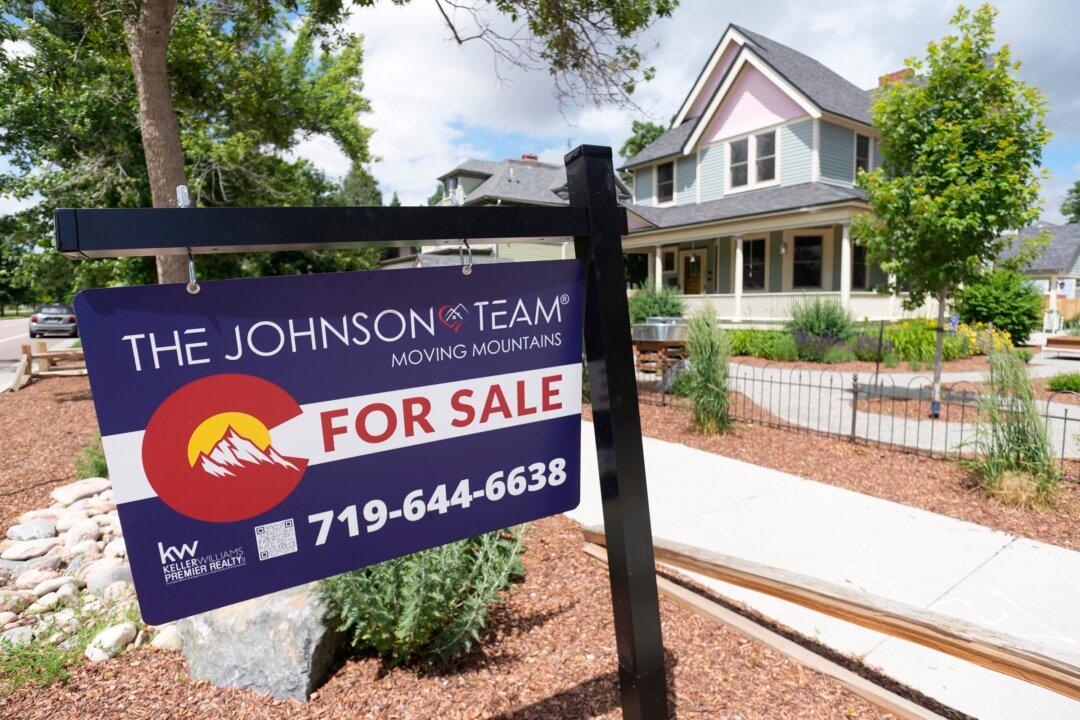Demand for mortgages in the United States fell nearly 3 percent last week, to the lowest point since 1996, according to a new survey.
The Mortgage Bankers Association’s seasonally adjusted Market Composite Index, published on Sept. 6, saw a 2.9 percent decline in mortgage application volume the week before, compared with the previous week.





